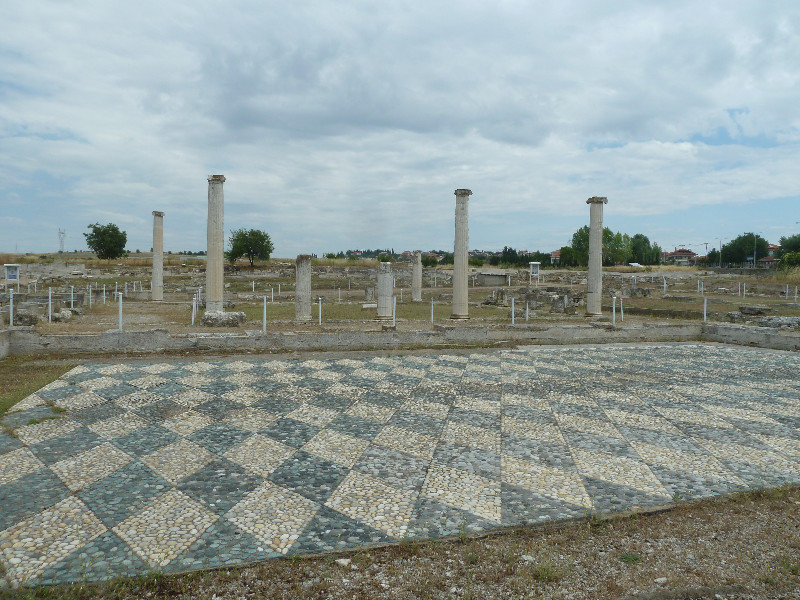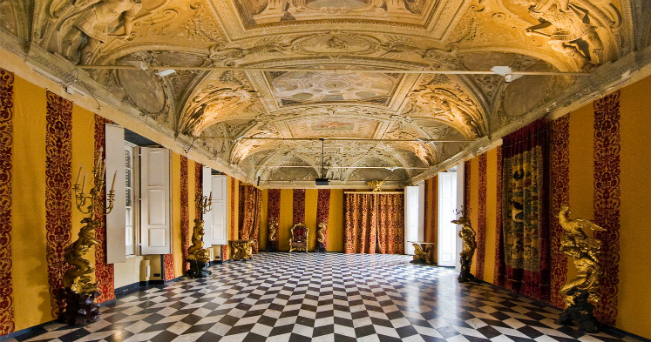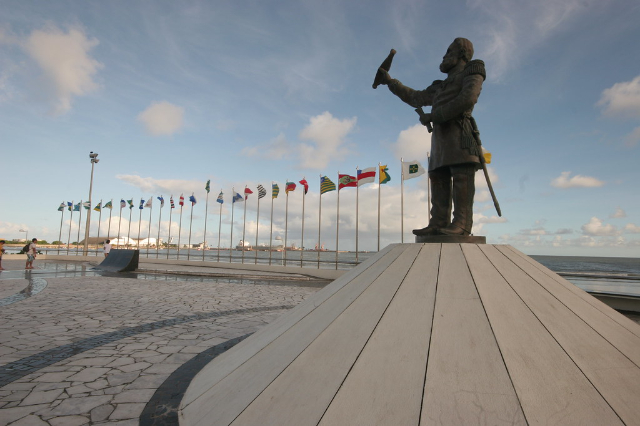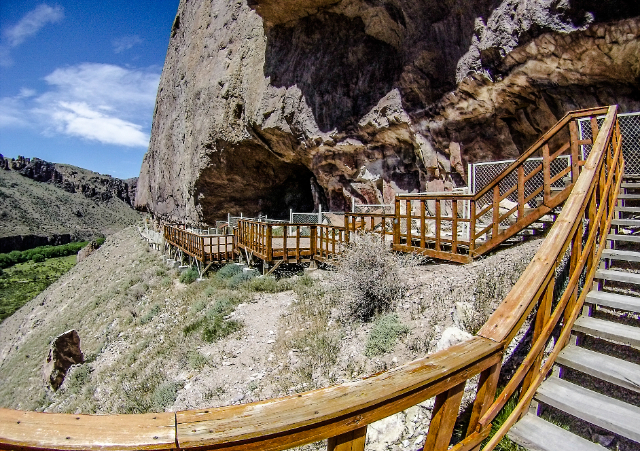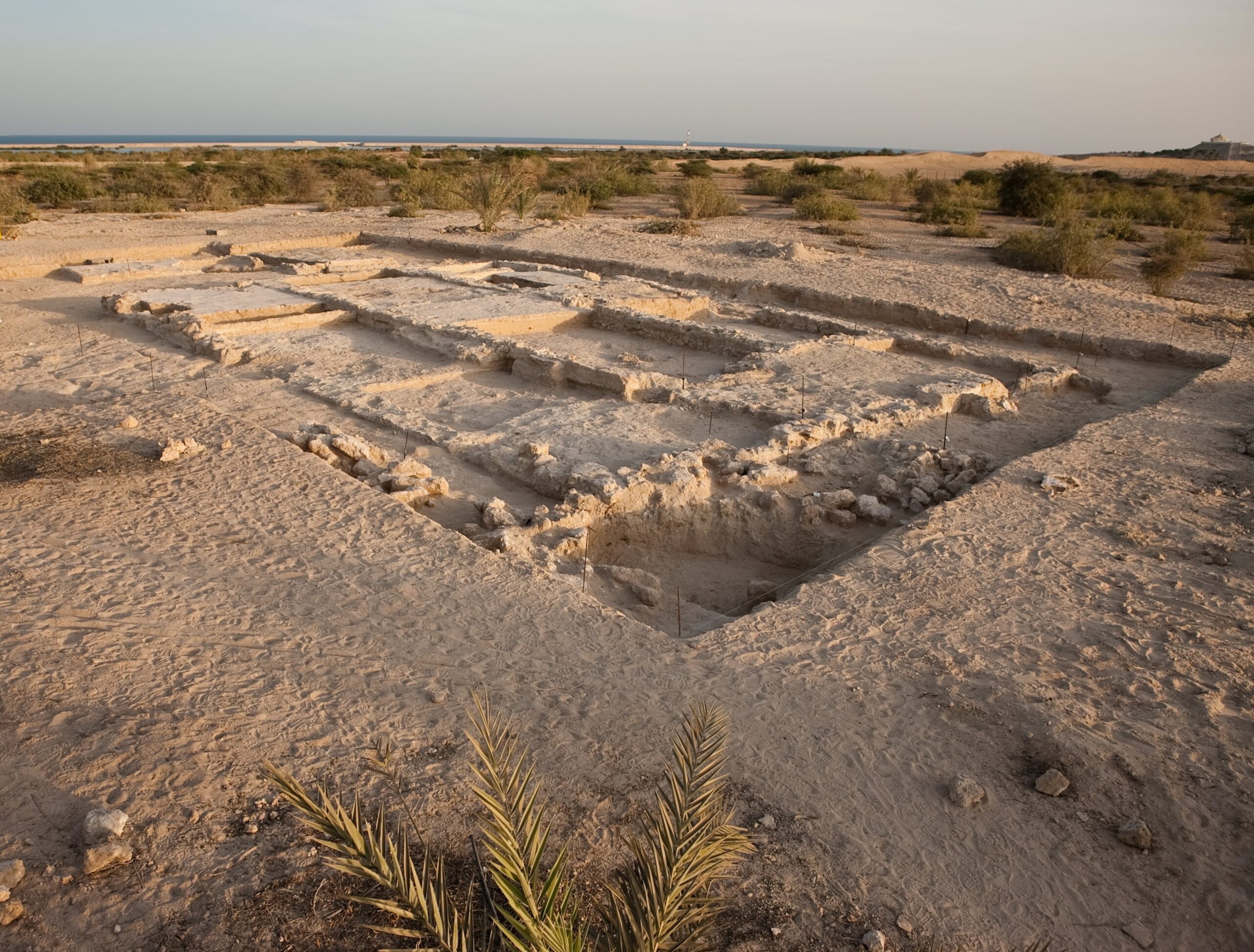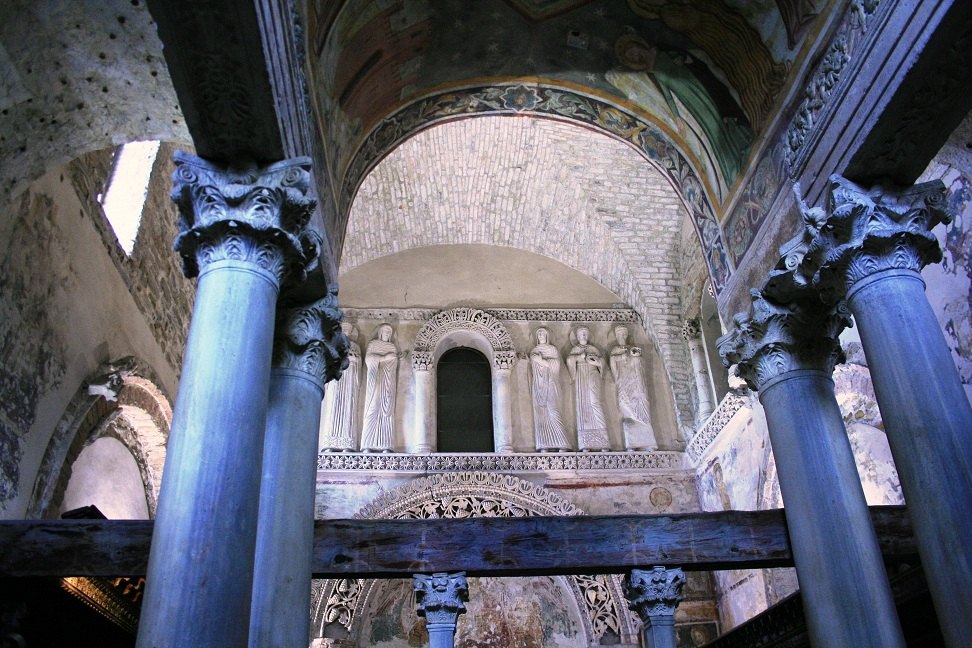Pella, near a small town in Greece by the same name, is an archaeological site which was once the thriving capital of ancient Macedonia.
Established by King Amyntas III at the end of the fifth, beginning of the fourth century BC, Pella took over this role from the former capital, Aigai.
As well as being a cultural and commercial hub, Pella was also a place of great historical significance, it being the birthplace of Alexander the Great. By the time of its peak, from the late fourth to second century BC, Pella would have been brimming with public, religious and commercial buildings as well as monuments and homes all carefully organised according to Hippodamian urban planning principles.
The Romans captured Pella in around 168 to 167 BC and it was incorporated into the Empire’s third regio. Thus began the decline of Pella’s political importance, quickened by the selection of Thessaloniki as the new capital of Roman Macedonia in 148 BC and finalised by an earthquake which destroyed it in the first century BC.
Whilst excavations have uncovered an archaeological site of over four square kilometers, little of this is open to the public. Nevertheless, visitors can see several sites at Pella, including a series of remains of houses, mostly dating back to the Hellenistic period and the marketplace or "agora". There is also a museum housing artifacts from the site.
